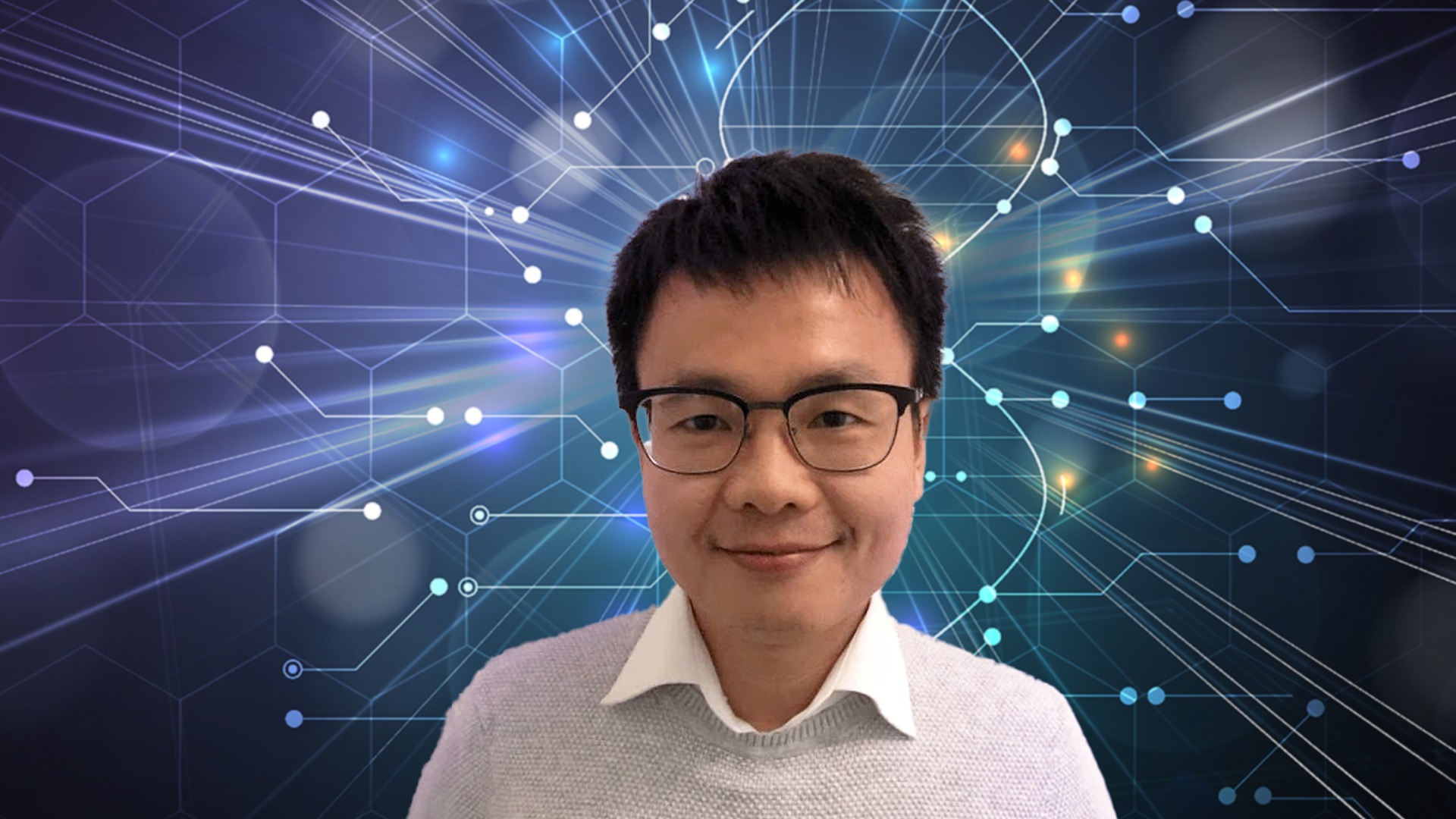New DDLS Fellow: Wei Ouyang
During 2023, the SciLifeLab & Wallenberg National Program for Data-Driven Life Science (DDLS) continued the recruitment of new fellows. Get to know our latest fellow, Wei Ouyang (KTH), in our Q&A-style article series. Wei will join the Cell and molecular biology research area.
Wei began his academic journey in engineering sciences in China before moving to Paris to pursue his PhD in 2014. There, he focused on AI and advanced microscopy imaging. In 2019, he joined Emma Lundberg’s group at SciLifeLab & KTH as a postdoctoral researcher for four years. Before joining DDLS, Wei had the opportunity to spend some months at Stanford University as a visiting scholar.
Passionate about developing AI-based computational methods and open-source platforms to democratize AI in life science, Wei is actively involved in consortiums and community activities that promote open, scalable, accessible, and reproducible data-driven life science.
He is now thrilled to establish the AICell Lab at SciLifeLab, which focuses on building AI-systems for cell and molecular biology. The lab’s ambition is to create a large-scale human cell simulator powered by massive AI models and automated microscopy imaging farms.
How do you think your expertise can contribute to the program?
Given the current advancements in AI, particularly the significant progress in generative modelling like chatGPT and Diffusion models, I see enormous potential for applying these foundational models to data-driven life sciences in a fully data-driven manner. Translating the successes from natural language processing and computer vision to life sciences requires a deep understanding of the methods, as well as highly interdisciplinary expertise in AI, data science, and biology, among other areas. It demands not only innovation in data analysis but also in data generation. My experience in robotic systems, AI-powered advanced microscopy, image and multi-omics data analysis, data-driven whole-cell modelling, open-source AI tool development, and online data sharing and AI model serving platforms makes me well-suited to contribute to these efforts.
In addition to my technical expertise, I strongly believe in the importance of open-source software development and community engagement in scientific research. I have been actively involved in creating and sharing tools that make deep learning more accessible to researchers, as well as promoting open and reproducible scientific tools. My experience in community building and leadership will be invaluable in driving and reforming the data-driven life science program, fostering collaboration, and accelerating progress in this exciting and rapidly evolving field.
Shortly describe your research in an easy to understand way.
My research focuses on creating a “black-box” human cell simulator using powerful AI models. This ambitious project involves developing autonomous systems to collect massive amounts of high-quality data for AI training, including building a fully automated imaging farm. By running AI models in real-time, we create a self-driving imaging and cell experimentation system, which allows us to optimize experimental conditions and capture rare cellular events.
Ultimately, our goal is to develop a human cell simulator that unlocks the potential for in-silico cell experimentation, drug discovery, and fosters a holistic understanding of human cells.
How do you think the program and interactions with the other DDLS-Fellows will benefit you?
The DDLS program is a visionary investment in the next generation of life science and offers a fantastic starting package to build a community that pioneers the future of the field. Being a part of this program has given me the incredible opportunity to establish my own research group.
Interacting with other DDLS-Fellows allows us to help each other, learn, and grow together. The program also serves as a platform for expanding my network of collaborations and learning new skills from experts both within and outside the program. I believe that, in the future, we will see even more coordinated efforts to shape data-driven life sciences through these valuable connections.
Name one thing that people generally do not know about you.
Throughout my studies, I developed a fascination for computational philosophy and the view of the universe as a giant computer. The concept of emergent behaviour from the iterative evaluation of simple rules, similar to how cells in biology and large language models in AI function, particularly intrigued me. This has inspired my passion for developing a human cell simulator, as it presents a unique and exciting opportunity to delve into the underlying rules governing cellular behaviour.
Where do you see yourself in five years regarding the DDLS aspect?
In five years, I envision myself having established a robust framework for data-driven whole-cell simulation, contributing significantly to the advancement of life science. I aspire to be a dedicated PI, an effective supervisor, and a valuable contributor to society, generating impactful results that drive the transformation towards the next generation of life science research.
In one word, describe how you feel about becoming a DDLS-Fellow.
Empowered





